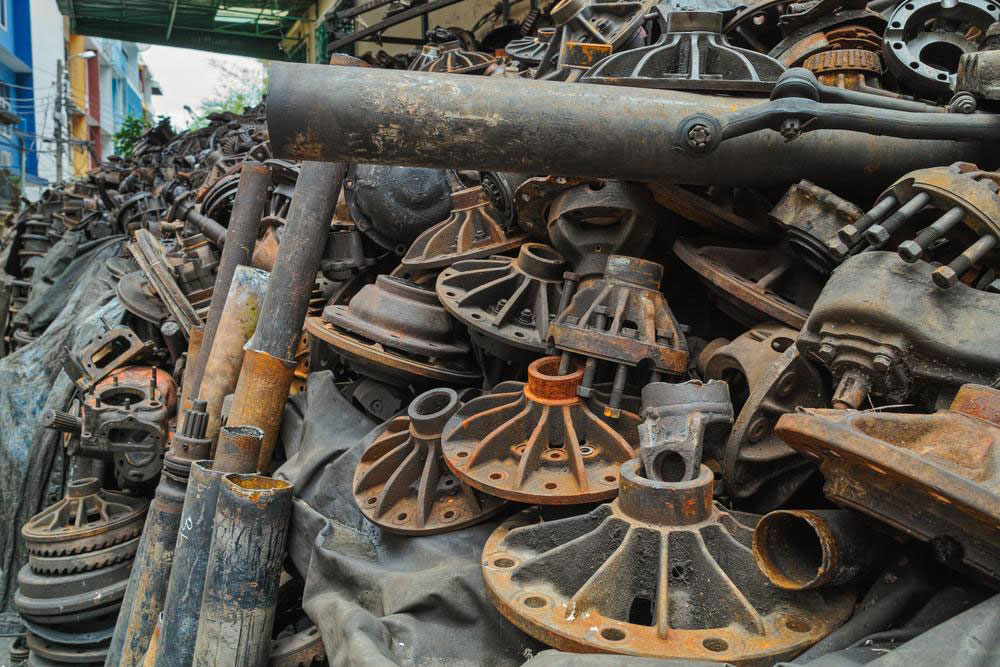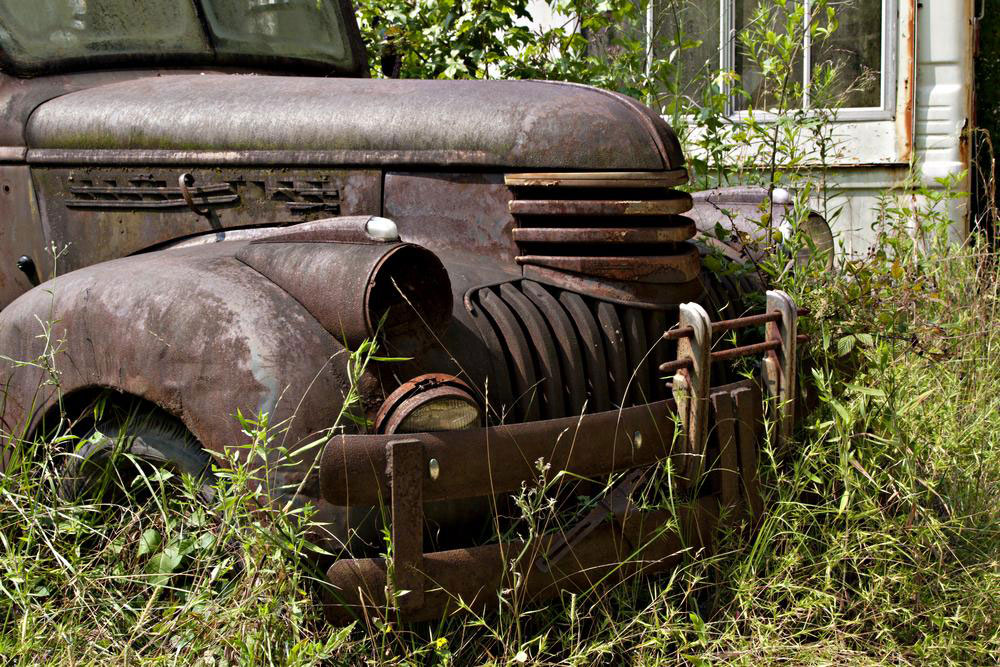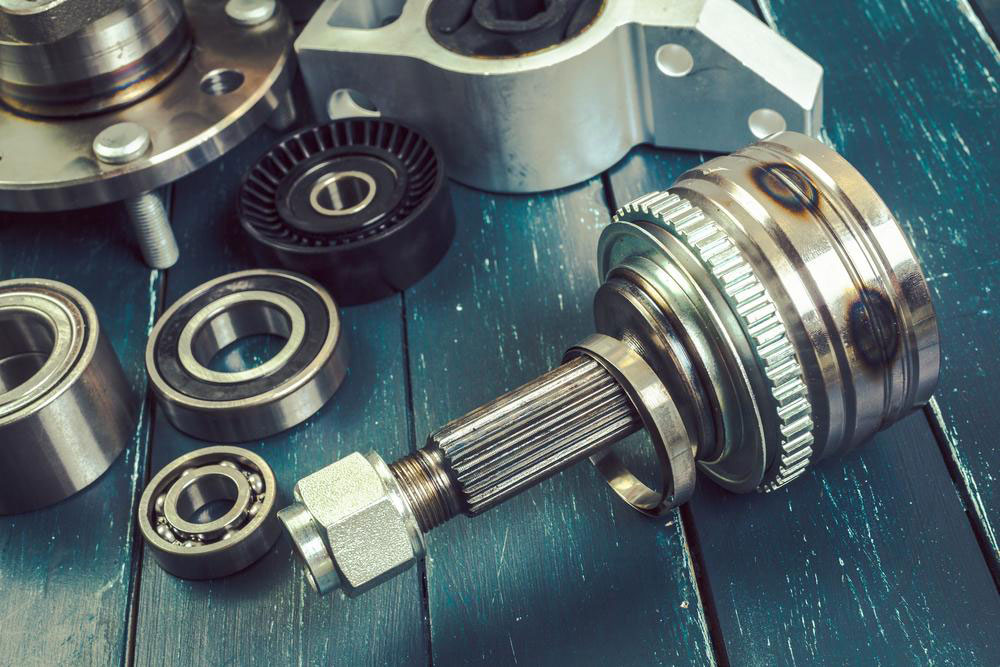Comprehensive Guide to the Auto Salvage Industry and Its Operations
This comprehensive guide delves into the auto salvage industry, exploring regulations, vehicle classification, buying tips, and the vital role salvage yards play. Learn how vehicles are categorized based on damage, the importance of proper documentation, and how the industry helps recycle and refurbish vehicles for resale. Whether you're a buyer, seller, or industry professional, understanding these aspects can help you navigate the auto salvage market effectively, ensuring compliance and making informed decisions in this vital automotive sector.

Comprehensive Guide to the Auto Salvage Industry and Its Operations
The auto salvage industry plays a crucial role in the automotive market by providing solutions for damaged, stolen, or otherwise unusable vehicles. Each state in the United States has specific regulations regarding the issuance of salvage titles, which are essential for tracking a vehicle's history and legal status. Understanding how the salvage industry works, including the criteria for issuing salvage titles, the process of buying repairable vehicles, and the role of salvage yards, can help consumers make informed decisions when purchasing or selling such vehicles.
Typically, a vehicle is classified as salvage if the cost of repairs or replacements exceeds a significant percentage of its market value—usually 70% or more—once an insurance claim has been settled. These vehicles often sustain extensive damage from accidents, natural disasters, vandalism, or theft-related incidents. The process begins with the insurance company assessing the damage and determining whether the vehicle qualifies for a salvage title based on state-specific criteria.
In the United States, each state sets its unique thresholds and rules for issuing salvage titles. For example, some states require that a stolen or vandalized vehicle remains unclaimed or unrecovered for more than 21 days before it can be issued a salvage title. Michigan, on the other hand, designates vehicles that sustain between 75% and 90% damage as salvage; those exceeding 90% damage are generally classified as scrap and are considered non-repairable. Similarly, Oregon issues salvage titles for vehicles where the loss exceeds 70%, particularly in cases involving abandoned or stolen vehicles worth less than $500.
Buyers interested in salvage vehicles should approach the market with caution. It's essential to perform thorough research into the vehicle’s history, including obtaining the proper title transfer documents, sales receipts, and Vehicle Identification Numbers (VIN). These steps ensure that the acquisition complies with local regulations and allows for proper registration and resale. Working with reputable salvage auctioneers or dealers can further mitigate risks associated with buying damaged or technically complex vehicles.
Repairable Vehicle, a division of Interstate Auto Center Inc., has been a key player in the salvage vehicle market since 1989. They specialize in selling repairable cars and are known for their transparency and integrity. Their team works closely with insurance companies, salvage auctioneers, and car dealers to provide detailed and accurate information about each vehicle, which is updated daily. Their extensive network allows them to send timely notifications about special vehicle deals and acquisition opportunities, making them a trusted resource for those involved in the salvage industry.
RideSafely, operated by Auto Auctions Remarketing Services, offers a global platform for damaged vehicle sales. Their inventory includes a variety of vehicles such as rebuilt, salvage, used cars, motorcycles, SUVs, and trucks. The platform is refreshed daily, ensuring buyers have access to a broad selection of affordable and quality vehicles. Whether sourcing vehicles directly from auctions or through secondary channels, buyers benefit from flexible purchasing options, expert assistance, and transparent transaction processes.
Salvage yards form a vital backbone of the industry. Many operate large auto recycling facilities where they store vehicles purchased from various sources, including insurance companies and private owners. Some salvage yards run in-house repair shops, reconditioning vehicles for resale or for parts. Others specialize in providing used auto parts, allowing repair professionals or individual buyers to source affordable components for repairs themselves. These facilities maintain an updated inventory system so that customers can easily find the parts or vehicles they need, ensuring a sustainable and environmentally friendly approach to vehicle disposal and reuse.
In addition to the retail aspect, salvage yards and auto recyclers play an important part in reducing environmental impact. By reusing and recycling automotive parts, the industry helps conserve resources and reduce waste. Overall, understanding the operations, regulations, and purchasing options within the auto salvage industry can empower consumers, investors, and repair professionals to make smarter, more sustainable choices in vehicle management and acquisition.





